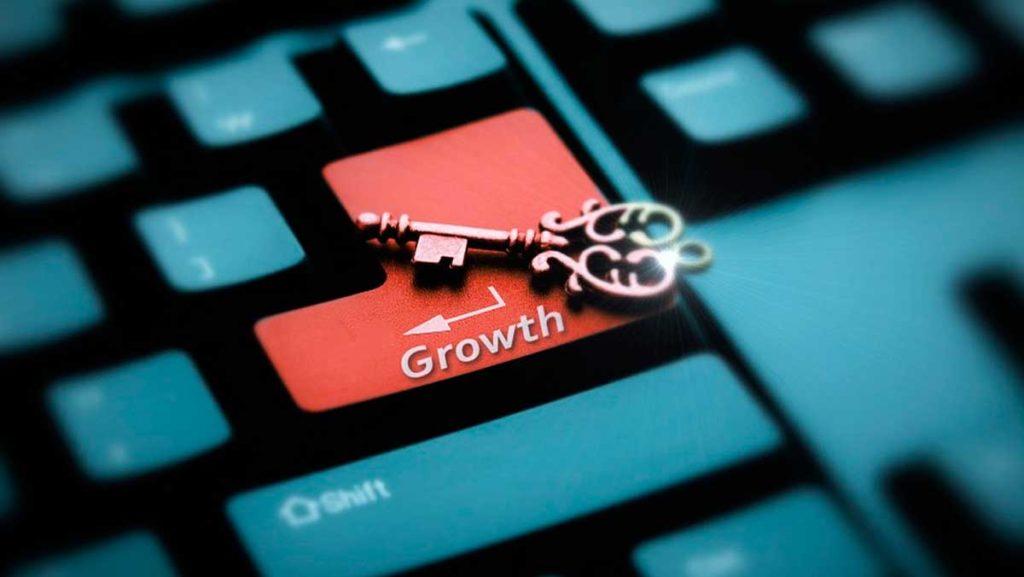2021 was the year of the ‘big leap of faith’ that was taken in the Crypto trading space. Essentially, Cryptocurrency has cast the dice for the finance domain and paved the way for the adoption of decentralized finance practices. The post-pandemic era has seen enhanced Crypto penetration and burgeoning opportunities in a domain that will soon be empowered by Blockchain and Decentralized Finance (DeFi) technology.
Where are we in terms of DeFi today?
DeFi is a blockchain-based system that allows secure and autonomous trading of digital products by eliminating the need for an intermediary such as banks, exchanges, or brokerages. DeFi applications, such as Uniswap, Saddle Finance, and Curve, offer complete control over your Crypto assets and the freedom to interact with the financial system on a peer-to-peer level. With most of the functionalities of traditional finance embedded in the Cryptocurrency space, DeFi disassembles the various financial services and decentralizes them through smart contracts.
The rise of DeFi platforms has brought about a Crypto revolution and is seen as a superior finance tool in countries with underdeveloped financial systems. From a financial standpoint, DeFi has grown to shape every aspect of life – toward a more equitable distribution of wealth, and numerous employment and growth opportunities in the coming year.
Today, DeFi has offered real and seamlessly working applications that have managed to usher capital in billions that will be used for developing more competitive and cutting-edge applications in the times to come. The concept of DeFi is, however, still in the inception stages. To begin with, the ecosystem is unregulated with different financial jurisdictions and is replete with infrastructural inconsistencies and risks.
Detractors had the following things to say about DeFi:
- With Defi transactions being borderless, certain existential questions are yet to be answered in terms of how regulations would be enforced, and who would enforce them.
- Decentralization of Blockchain technology and the onus of being in complete ownership of your assets is a novel idea that needs getting used to.
- Reporting of prevalent issues with system stability, carbon footprint, energy requirements, system upgrades and maintenance, and hardware outage.
- DeFi has made inroads into a trustless, though transparent finance domain in comparison to the erstwhile, centralized banking practices that people were trained to operate in.
The Acting U.S. Comptroller of the Currency Michael Hsu compared DeFi to a ‘fool’s gold rush’ from up close in the lead up to the 2008 financial crisis. He said that we may be at the cusp of Cryptocurrencies and DeFi.
The way forward – A new era of applications to make DeFi mainstream
Notwithstanding the skepticism around DeFi, the potential and possibilities of Blockchain technology contributed to its stupendous success in 2021, and by March 2022, DeFi contracts will have amassed an aggregated value of $41 billion. The Web 3.0 approach is expected to metamorphose the domain of decentralized control through a network of authorized miners or validators for monitoring integrity. The role of banks and other financial institutions will be minimized or completely eliminated. With DeFi realizing significant gains from yield farming on DeFi platforms, 2022 will be a seemingly decisive year for decentralization.
In 2022, DeFi projects are set to shape the global finance views, with progression in the following areas:
- Governance tokens to gain more traction owing to the influx of DeFi into heterogenous sectors
- The DeFi community to garner higher stakes in platform governance
- DeFi markets to recalibrate regulation, community-driven protocols, liquidity pool platforms, and industry facilitators
- DeFi systems to be optimized for better tokenomics and more secure infrastructures
- Decentralized platforms would be the underlying framework for Web3 technologies
As mass sentiment continues to shift in the favor of Crypto and DeFi, Crypto leaders predict that DeFi will go mainstream in 2022 as a new investment paradigm.
The strengths of DeFi and traditional finance will see a convergence, and high-quality investment services and regulatory compliance will reshape the digital and real-world economies. And a focus on increased efficiency is the one thing that will tie these trends together.
Press releases or guest posts published by Crypto Economy have sent by companies or their representatives. Crypto Economy is not part of any of these agencies, projects or platforms. At Crypto Economy we do not give investment advice and encourage our readers to do their own research.




